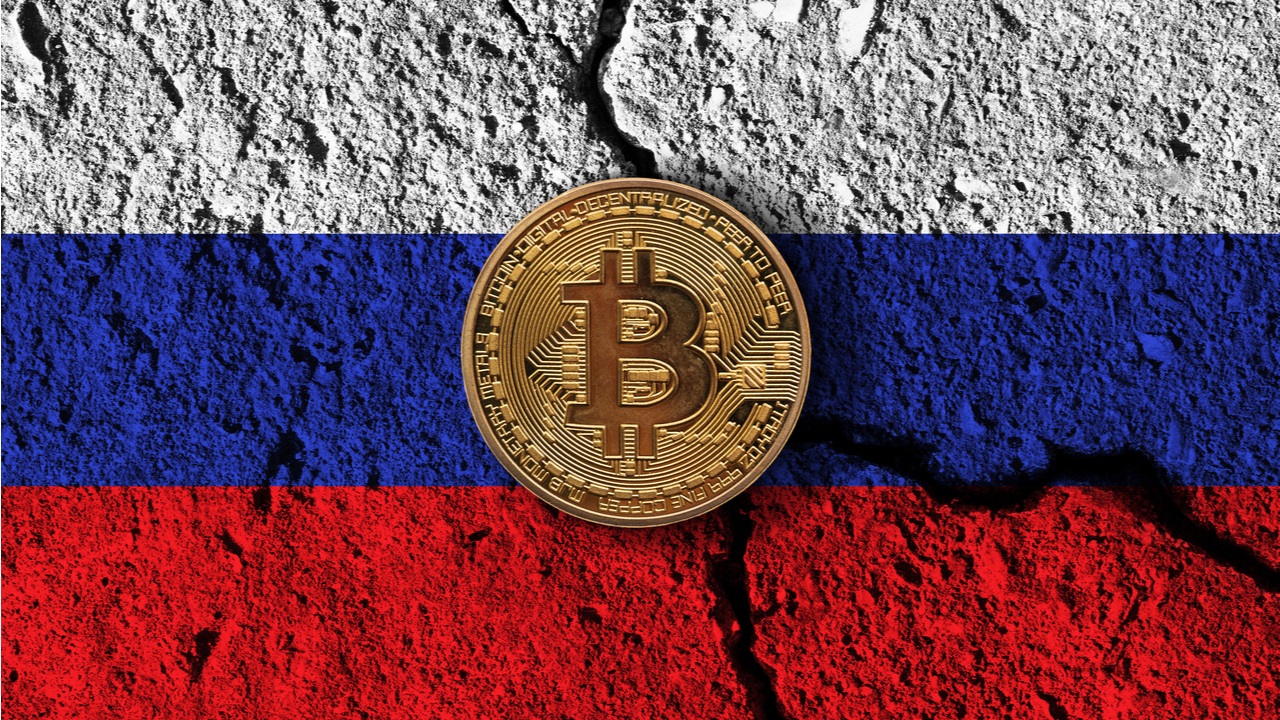Russia Intensifies Crypto Mining Regulations as Tax Focus Grows
22.11.2024 15:00 1 min. read Kosta Gushterov
Russia’s tightening regulations on cryptocurrency mining have led to a surge in licensing applications, with the tax authorities receiving 150 submissions since November 1, 2024.
Daniil Egorov, head of the Federal Tax Service, stated that the process is just beginning, and more applications are expected. Miners using under 6,000 kWh of energy monthly are exempt from registration, but others must disclose mining assets and wallet information.
While some speculate that Russia may be following China’s lead in restricting crypto, experts believe the government’s goal is to tax the growing digital asset sector. Other countries, like India and Denmark, have also introduced high taxes on crypto.
Russia’s push to regulate mining comes amidst concerns over its energy consumption and may signal a broader shift toward crypto acceptance, similar to El Salvador’s legalization of Bitcoin.
In addition, nations like Bhutan have recently profited from Bitcoin sales, despite not recognizing cryptocurrencies as legal tender. Bhutan’s government wallet now holds over a billion dollars in crypto, bolstered by a recent market rally.
-
1
UK Sets 2026 Deadline for Crypto Firms to Report Every User Transaction
19.05.2025 17:00 2 min. read -
2
U.S. Senate Advances Stablecoin Bill After Bipartisan Breakthrough
21.05.2025 18:00 1 min. read -
3
Pakistan to Launch National Crypto Authority for Digital Asset Oversight
23.05.2025 13:00 2 min. read -
4
Florida Pushes for Zero State Tax on Crypto and Stock Gains
26.05.2025 21:00 1 min. read -
5
U.S. Lawmakers Push Forward with Crypto Regulatory Reform
31.05.2025 15:00 1 min. read
Ripple’s RLUSD Stablecoin Gains Approval in Dubai, Set to Support Real Estate Tokenization
Ripple’s RLUSD stablecoin has received the green light from the Dubai Financial Services Authority (DFSA), paving the way for its use in the Dubai International Financial Centre (DIFC).
SEC Is Backing Away from Memecoin Regulation – Here’s Why
The U.S. Securities and Exchange Commission has made it clear it will no longer involve itself in regulating memecoins—tokens often driven by internet culture, hype, and political branding.
U.S. Lawmakers Push Forward with Crypto Regulatory Reform
Efforts to bring much-needed legal structure to the U.S. digital asset market took a leap forward with the introduction of the Digital Asset Market Clarity Act—a bill designed to lay the groundwork for coherent crypto regulation.
Thailand Looks to Crypto for Tourism Boost and Financial Reform
Thailand is preparing to weave digital assets into its tourism and financial infrastructure, starting with a pilot program that would let visitors pay in crypto through card-linked platforms.
-
1
UK Sets 2026 Deadline for Crypto Firms to Report Every User Transaction
19.05.2025 17:00 2 min. read -
2
U.S. Senate Advances Stablecoin Bill After Bipartisan Breakthrough
21.05.2025 18:00 1 min. read -
3
Pakistan to Launch National Crypto Authority for Digital Asset Oversight
23.05.2025 13:00 2 min. read -
4
Florida Pushes for Zero State Tax on Crypto and Stock Gains
26.05.2025 21:00 1 min. read -
5
U.S. Lawmakers Push Forward with Crypto Regulatory Reform
31.05.2025 15:00 1 min. read


